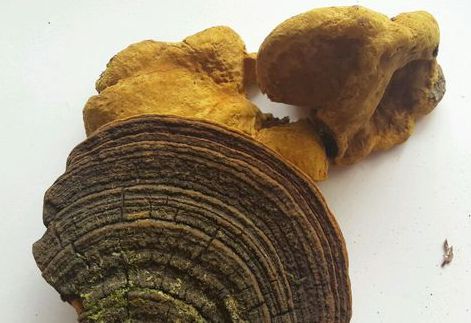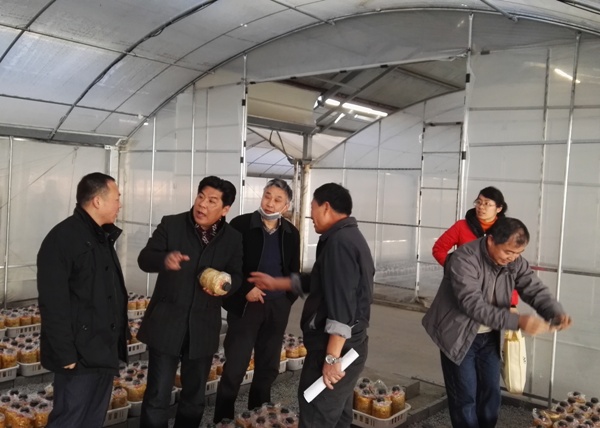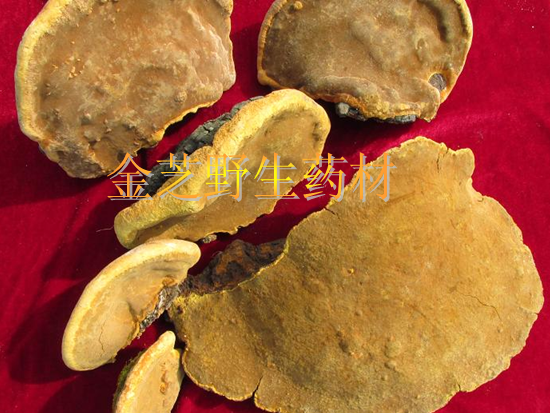Large-scale artificial cultivation of mulberry yellow is successful
A (correspondent Yang Yan reporter Zhang Xingyong) at present, in the greenhouse of the cultivation base of Shaanxi Provincial Institute of Microbiology in Dazhai Township, Yangling demonstration Zone, 5000 mulberry bags have grown golden crescent-shaped fruiting bodies one after another, growing gratifying. This marks the success of large-scale artificial cultivation of mulberry in our country.

Sanghuang, known as "forest gold", is a valuable traditional Chinese medicine. With the increase of market demand in the past 10 years, Sanghuang has been exploited predatory. Due to the particularity and complexity of mulberry yellow physiology and ecology, the destroyed wild mulberry resources are difficult to recover, or even about to be exhausted.
In 2006, Lei Ping, an associate researcher of Shaanxi Provincial Institute of Microbiology, led a team to discover mulberry yellow in the Qinling Mountains, isolated bacteria from it, and carried out a series of studies. Through the unremitting efforts of researchers, the team has made major breakthroughs in strain identification, biological characteristics, submerged fermentation of mycelia, artificial domestication and cultivation, active component analysis, safety toxicology and pharmacology research. In 2013, the team broke through the technical bottleneck in the artificial cultivation of mulberry yellow and achieved success.
In addition, the research team also commissioned the Shaanxi Provincial Center for Disease Control and Prevention to carry out acute toxicity tests on artificially cultivated mulberry fruiting bodies and fermented mycelia, and the results showed that they belonged to non-toxic grade. The pharmacological and pharmacological effects of Sang Huang fermentation mycelium were studied systematically with the fourth military Medical University, Northwestern University and the Institute of Medicine of Shaanxi College of traditional Chinese Medicine. the results showed that Sang Huang fermentation mycelium had obvious inhibitory effect on S180 and H22 tumor-bearing mice and HepG2-bearing nude mice tumor, and had certain curative effect on chronic renal failure.
China Science Daily (4th edition, 2015-07-22)
Related
- A course of planting techniques and methods on how to grow carrots
- How to plant the latest tulips?
- Is it better to pick tea in the morning or in the afternoon? When is the best time for tea to be picked? what is the third or fifth tea?
- Launch Yuanxiao Happy combination Haocha + Tea Yuan healthy Taste
- Penghu Tourism "Fireworks 20 Parade with You"
- 2022 West Lake Happiness holds "Digital Revitalization Voucher" and draws iphone13 and laptop.
- Banqiao Fuzhou social houses are designed to change start-up combined with police elimination to create a safe and livable environment
- The convenient measure of "mechanical weeding" in Xinbei has been abused and the Agriculture Bureau has imposed heavy penalties on the illegal land consolidation.
- Changgeng University Joins Hands with Four Memory Factories to Rescue Memory Talent Shortage
- The list of Taiwan's top 100 MVP managers is listed by the Director-General of the Farmers' Association of Sanxia District.



